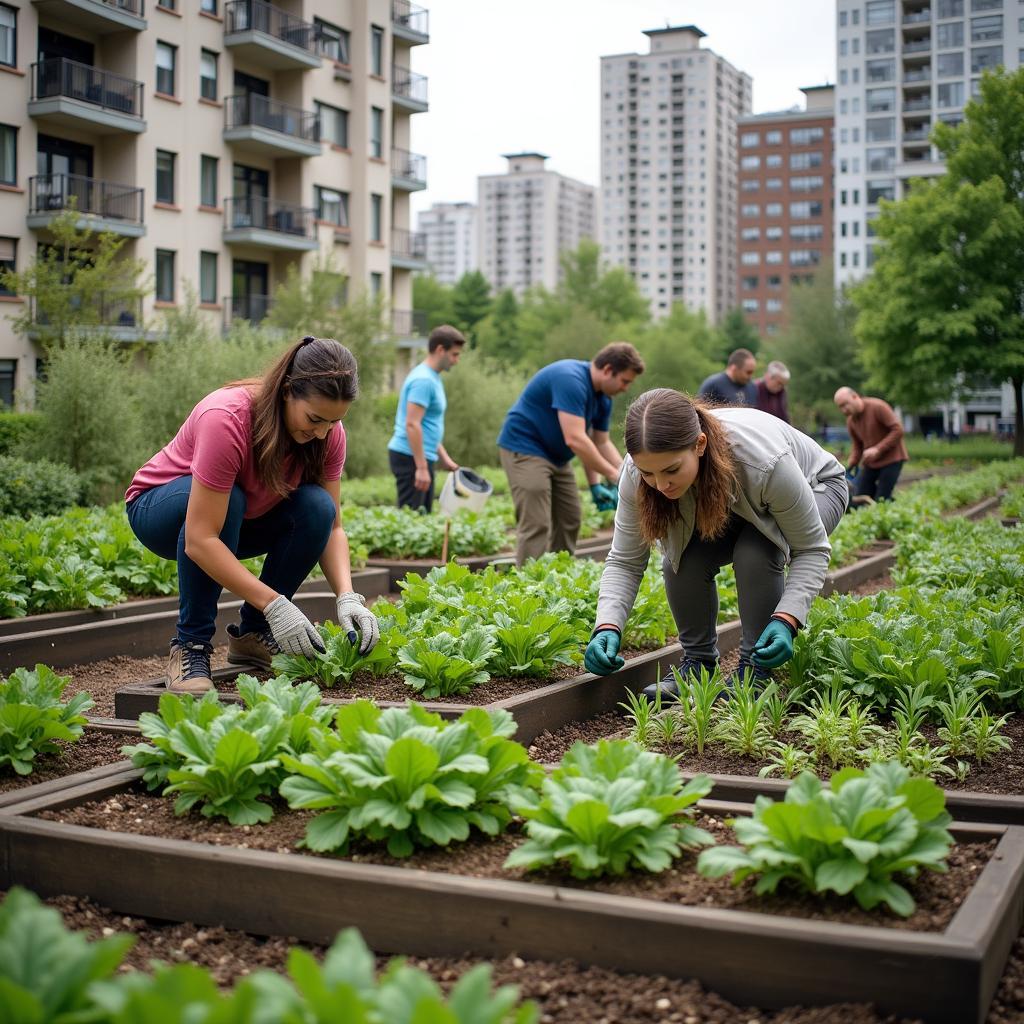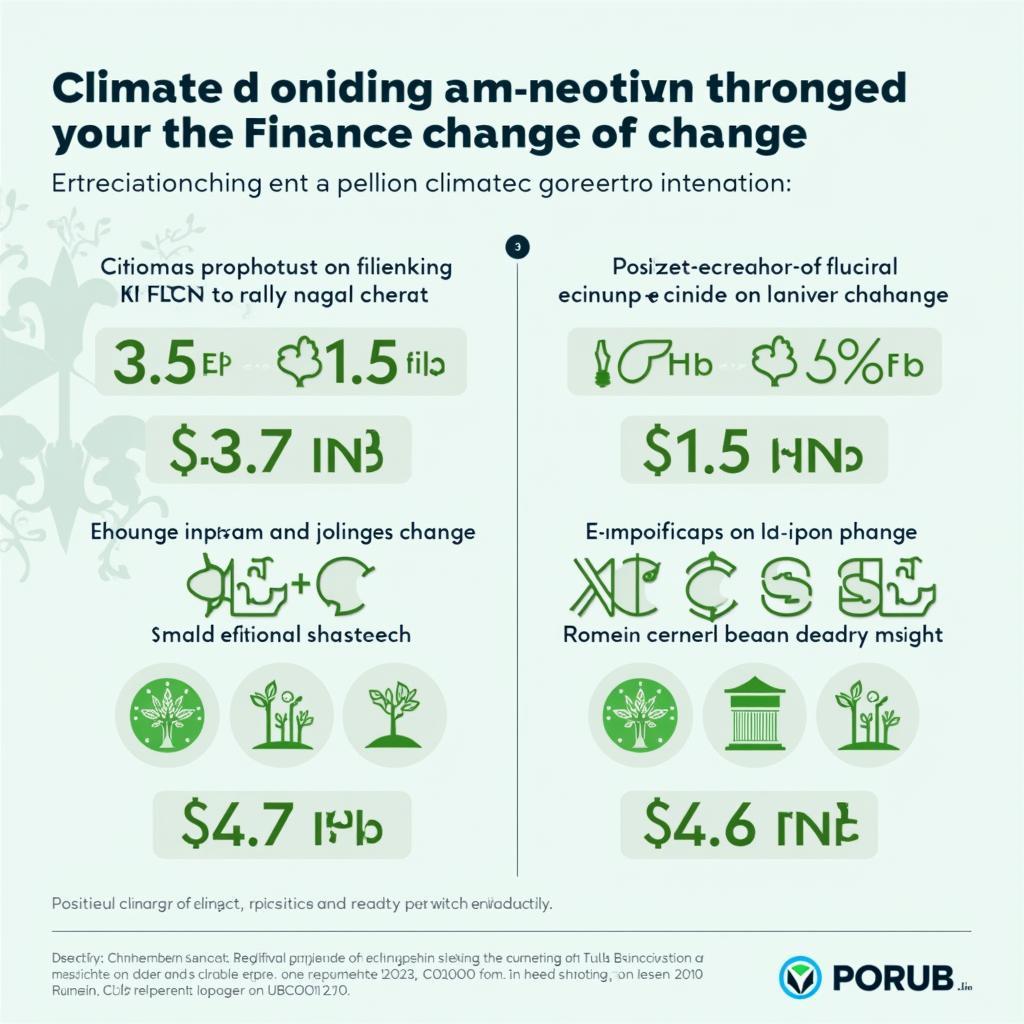Urban poverty and its challenges have been a recurring theme in IELTS Writing Task 2, appearing in various forms over the past decade. Based on analysis of past exam papers and similar topics related to how urban planning can create more sustainable cities, this topic has a high probability of appearing in future tests.
Analysis of Task Question
Some people believe that governments alone cannot solve the problems of urban poverty in developing countries and that both businesses and individuals must get involved. To what extent do you agree or disagree with this statement?
This question requires candidates to:
- Express their opinion on the role of different stakeholders in addressing urban poverty
- Support their position with relevant examples and reasoning
- Consider multiple perspectives on poverty reduction strategies
- Structure a coherent argument using appropriate academic language
Band 8 Model Answer
The complex nature of urban poverty requires a multi-stakeholder approach, and I strongly agree that governmental efforts alone are insufficient to address this pressing issue effectively. This essay will examine why the involvement of businesses and individuals is crucial for creating sustainable solutions to urban poverty.
Firstly, while governments can implement poverty reduction policies and provide social welfare, they often lack the resources and flexibility to address all aspects of urban poverty. For example, in megacities like Mumbai, where how urban farming can address food insecurity has become crucial, private businesses have successfully established urban farming initiatives that complement government food security programs. These business-led projects not only provide fresh produce but also create employment opportunities for low-income residents.
Moreover, individual citizens and community organizations play a vital role in grassroots poverty alleviation efforts. The success of microfinance programs in Bangladesh demonstrates how individual entrepreneurs and community groups can create sustainable economic opportunities when given proper support. This illustrates that role of community gardens in urban areas and similar initiatives can effectively complement government policies.
In conclusion, the most effective approach to combating urban poverty involves the coordinated efforts of governments, businesses, and individuals. Each stakeholder brings unique resources and capabilities that, when combined, create more comprehensive and sustainable solutions to this complex social challenge.
 Community garden initiative helping address urban poverty through sustainable food production
Community garden initiative helping address urban poverty through sustainable food production
Band 6-7 Model Answer
I agree that solving urban poverty needs more than just government action. Both businesses and people must help too. This essay will discuss why everyone needs to work together to fix this problem.
Governments have limited money and resources to help poor people in cities. For example, in many developing countries, the government cannot provide enough jobs or houses for everyone. This is where businesses can help by creating jobs and building affordable homes. Some companies in India have started training programs that help poor people learn new skills and find better jobs.
Regular people and community groups are also important. They can start small projects to help their neighbors. For instance, some communities have started how renewable energy can address global poverty by using solar panels to provide cheap electricity. This shows how individuals can make a difference.
In conclusion, urban poverty is a big problem that needs everyone’s help to solve. When governments, businesses, and people work together, they can make better changes happen.
Key Vocabulary
- multi-stakeholder (adj) /ˌmʌltiˈsteɪkhoʊldər/ – involving multiple parties or groups
- sustainability (n) /səˌsteɪnəˈbɪləti/ – ability to maintain at a certain level
- grassroots (adj) /ˈɡræsruːts/ – basic level of society
- microfinance (n) /ˈmaɪkroʊfaɪnæns/ – financial services for low-income individuals
- alleviation (n) /əˌliːviˈeɪʃn/ – reduction of pain or hardship
- infrastructure (n) /ˈɪnfrəstrʌktʃər/ – basic physical systems of a country
- initiatives (n) /ɪˈnɪʃətɪvz/ – new plans or processes to achieve something
- comprehensive (adj) /ˌkɑːmprɪˈhensɪv/ – complete; including all aspects
For further practice, try writing your own essay on this topic and share it in the comments section. Future exam topics might include urban healthcare accessibility, affordable housing solutions, or education inequality in cities.


